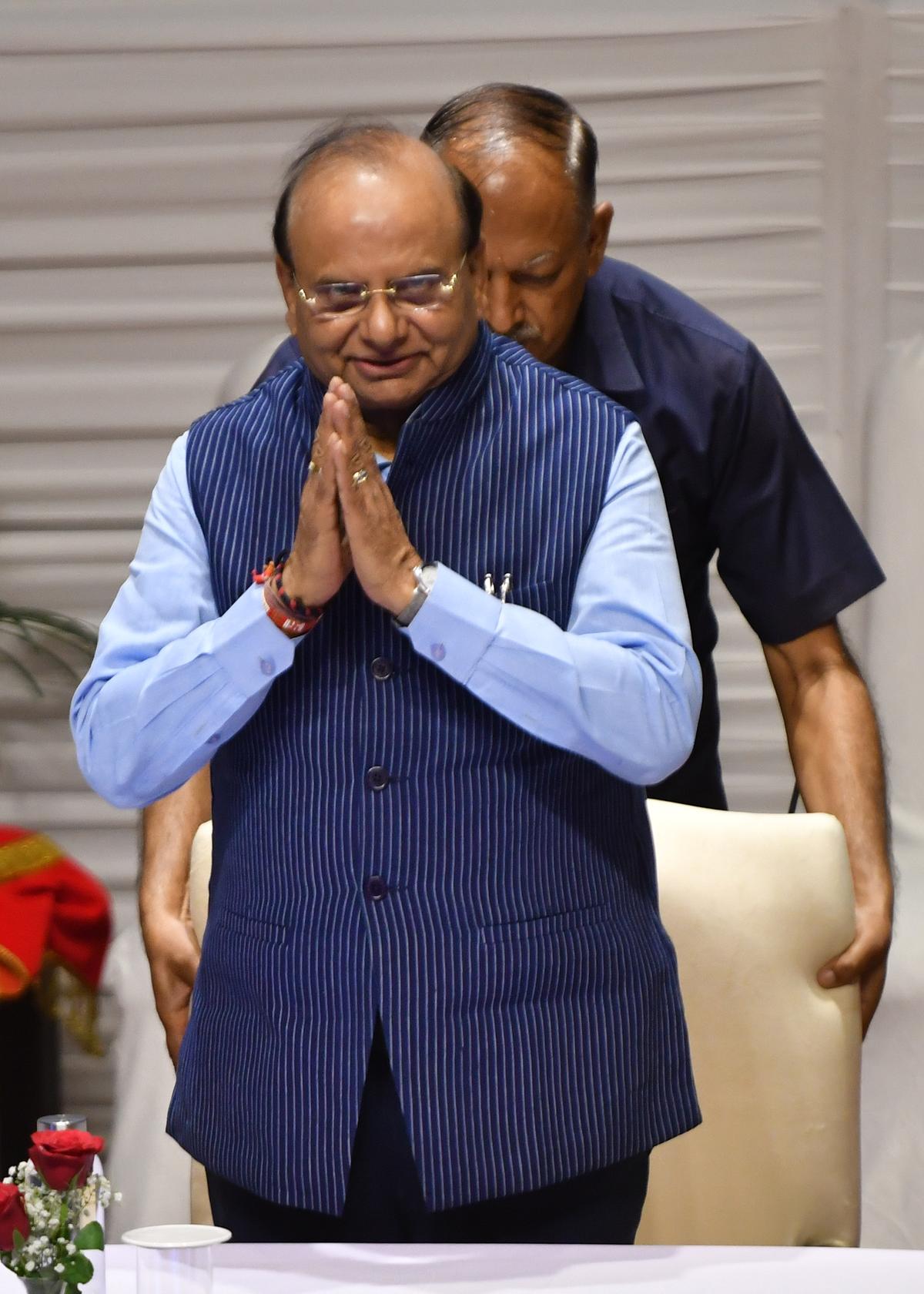
Delhi L-G okays EOW probe into role of 82 prison officials in crime syndicate run by conman Sukesh from jail
The Hindu
The EOW had informed that during investigation in the case, seven officers have already been arrested for facilitating the extortion syndicate being run by the accused
L-G V.K. Saxena has granted permission to the Economic Offences Wing (EOW) of the city police for investigating the role of 82 Delhi Prison Department officials in the organised crime syndicate being run by conman Sukesh Chandrashekhar from the Rohini Jail, sources said on Wednesday.
The L-G has also noted that the Prison Department was under the now-jailed AAP leader and minister Satyendar Jain. Under him, it was marred with "several serious controversies including confiscation of mobile phones from prisoners", following which jamming devices were installed in and around various jail premises recently, the L-G Office sources said.
"Similarly, issues of overcrowding, violent clashes among inmates and prisoners jumping parole have put the department under a cloud. The case pertains to the extortion of ₹200 crore by Chandrashekhar in collusion with jail officials," a source said.
Chandrashekhar was lodged in jail number 10 of Rohini Jail at the time of the incident.
The EOW had informed that during investigation in the case, seven officers have already been arrested for facilitating the extortion syndicate being run by the accused. During investigation, it also found the involvement of another 82 officials who had colluded in running the syndicate from the prison.
Chandrashekhar, who is currently in Mandoli jail, is accused of cheating many people, including high-profile individuals such as former Fortis Healthcare promoter Shivinder Mohan Singh's wife Aditi Singh of ₹200 crore.













